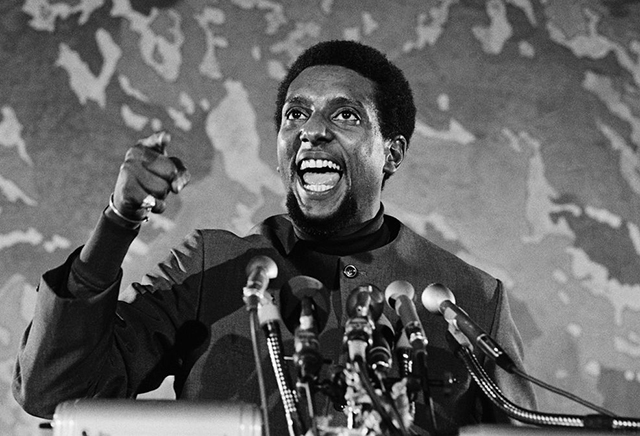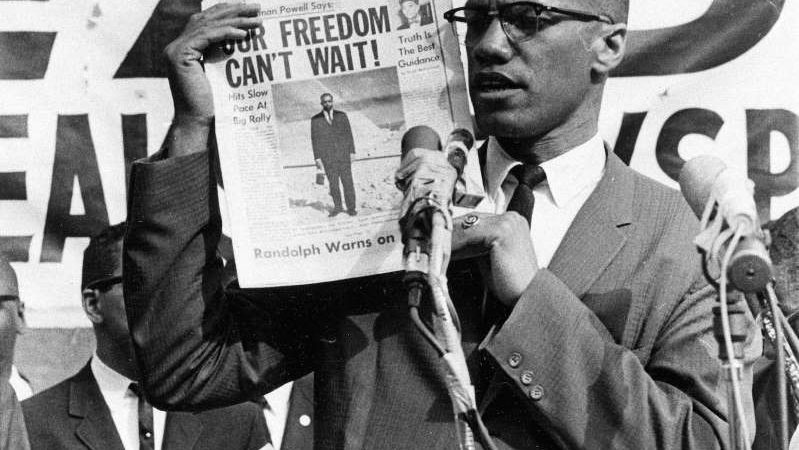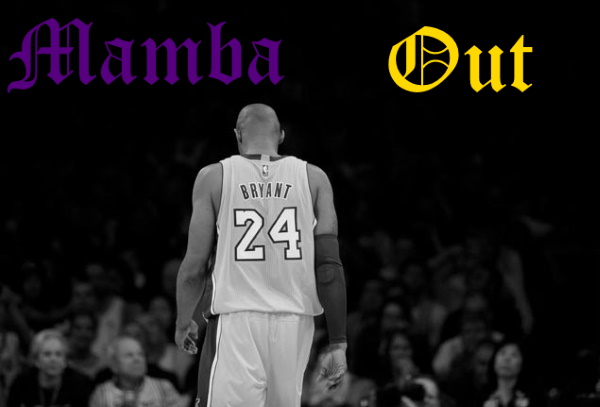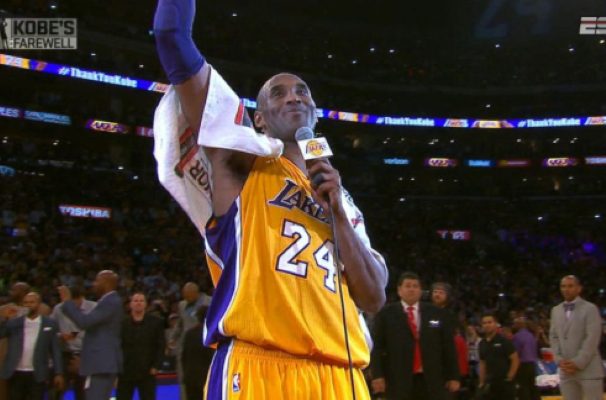The first half of Planet Ill’s two part tribute to Eddie Murphy focused mostly on his ascendance to Hollywood royalty. It only lightly touched on the darker side of that legacy. No, I am not referring to his escapade with a transvestite prostitute (Though that would definitely be the highlight). I’m referring specifically to the criticisms that plagued him in the early days and necessitated the career changes that took place during his first career slump.
Eddie’s humor came from a very different place than his idol Richard Pryor’s. Pryor’s humor was insightful, self-deprecating, and fiercely autobiographical. Eddie’s humor was only occasionally drawn from his life, and often veered into absurdist territory with no serious or heart felt subtext. This made his routines a bit harder to defend than Pryor’s, who once criticized Eddie’s humor as being “mean.” Audiences however, didn’t seem at all bothered at first.
By the mid to late 1980’s, Eddie Murphy was one of the biggest box office draws in the land. However, his unprecedented success was not celebrated by all. In 1987, Eddie lampooned the appalled reactions to his impenetrably blue brand of humor in his 2nd concert film Eddie Murphy: Raw. He continued to taunt the so-called “gay mafia,” and described a tense phone conversation with Bill Cosby regarding the content of his act.
Eddie Murphy Raw was initially slapped with an X-Rating, solely on the basis of its language. It was also taken to task for its supposedly misogynistic and chauvinistic views on sex and relationships. Prudish attitudes aside, Eddie Murphy Raw became the highest grossing stand-up comedy concert film of all time, a title it would retain for 13 years.
Murphy was working at a steady pace, cranking out one film a year from 1986 to 1990. During the latter half of that spurt, he began courting his Black fans in a big way. He did so first with 1988’s Coming to America, which was among the top five grossing films of that year. 1989’s caper comedy Harlem Nights was Eddie’s debut as writer and director. He starred alongside his childhood idols Richard Pryor and Redd Foxx, and filled the supporting roles with a mostly Black cast. Critics eviscerated the ambitious project upon its release. It managed to turn a modest profit, but the fallout made Eddie gun shy about stepping behind the camera again. He hasn’t done so since.
Eddie took a year off in 1991, but returned in the summer of 1992 with the raunchy romantic comedy Boomerang. Directed by Reginald Hudlin, Boomerang seemed to be made in direct apology for the sexism displayed in Raw. It told the story of a player who gets his comeuppance by way of a female counterpart. Though it resonated with Black audiences, critics were again unimpressed. In his LA times review, Kenneth Turan dismissively referred to the films placement of an all-Black cast in a corporate setting as ”cinematic affirmative action.”
His subsequent films released during the early to mid-1990’s yielded ever diminishing returns. Things seemed to bottom out with the execrable Beverly Hills Cop III. Then in 1996, Eddie finally caught his second wind. The remake of The Nutty Professor allowed him to indulge his talents and provided him with a substitute for his raunchy routines with slapstick. The film became his first true hit in years.
Eddie continued to draw the kiddie film well, most successfully as the voice of Donkey in the computer generated Shrek franchise. Again, his creative choices came under fire, this time also from peers. Jack Black’s character in Ben Stiller’s scathing satire Tropic Thunder was said to be a jab at the latter half of Murphy’s career. Norbit, which again placed Eddie in a fat suit, prosthetics, and multiple roles, was cited for promoting unpleasant stereotypes of obese Black women. It seems that Eddie couldn’t win for trying.
With all the aforementioned debacles and thwarted efforts, Eddie Murphy is still here. For 30 years, he’s weathered the shit storm, taking the good with the bad. He’s endured fair-weather fans and unfavorable opinions. Through it all, he remains one of only two Black male stars in the history of film capable of headlining big blockbusters and pulling in overseas dollars. His popularity has seen peaks and valleys, but it never dips too far below the radar. He will always be around to get the last laugh.
Follow Malice Intended on Twitter @ http://twitter.com/renaissance1977
Follow Us on Twitter @ http://twitter.com/planetill
Join Us on the Planet Ill Facebook Group for more discussion
Follow us on Networked Blog





